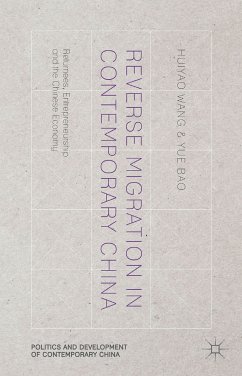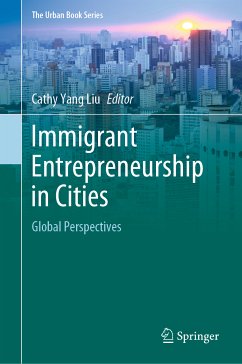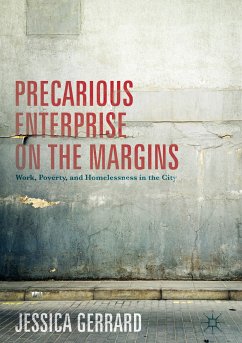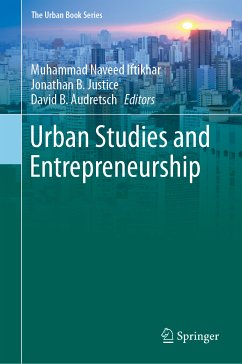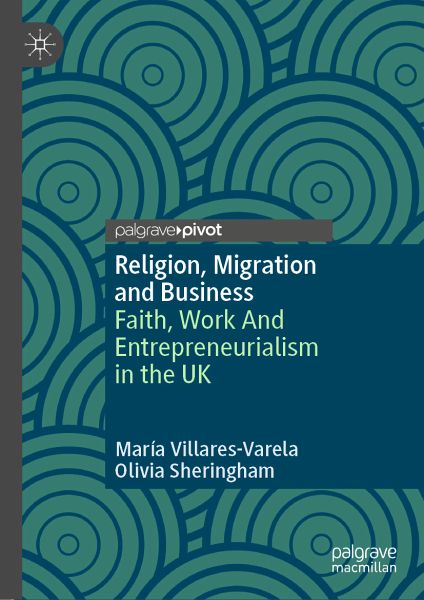
Religion, Migration and Business (eBook, PDF)
Faith, Work And Entrepreneurialism in the UK
Versandkostenfrei!
Sofort per Download lieferbar
40,95 €
inkl. MwSt.
Weitere Ausgaben:

PAYBACK Punkte
20 °P sammeln!
This book critically interrogates the role of religious faith in the experiences and practices of migrant entrepreneurs against the backdrop of neoliberal Britain. Focussing on Pentecostalism, a popular Christian denomination amongst migrant groups in the UK, the authors draw on primary qualitative data to examine the ways in which Pentecostal beliefs and values influence the aspirations and practices of migrant entrepreneurs. The book also explores the role of Pentecostal churches in supporting entrepreneurial activities among migrant communities, arguing that these institutions simultaneousl...
This book critically interrogates the role of religious faith in the experiences and practices of migrant entrepreneurs against the backdrop of neoliberal Britain. Focussing on Pentecostalism, a popular Christian denomination amongst migrant groups in the UK, the authors draw on primary qualitative data to examine the ways in which Pentecostal beliefs and values influence the aspirations and practices of migrant entrepreneurs. The book also explores the role of Pentecostal churches in supporting entrepreneurial activities among migrant communities, arguing that these institutions simultaneously comply and contest the formation of neoliberal subjectivities: providing cultural legitimacy to the entrepreneurial subject, whilst also contesting the community erosion of neoliberalism, (particularly in an austerity context) and fostering a strong a sense of belonging among congregants. The book offers an interdisciplinary perspective spanning sociology, geography and entrepreneurship studies to explain how values and faith networks shape everyday life, work and entrepreneurial practices.
Dieser Download kann aus rechtlichen Gründen nur mit Rechnungsadresse in A, B, BG, CY, CZ, D, DK, EW, E, FIN, F, GR, HR, H, IRL, I, LT, L, LR, M, NL, PL, P, R, S, SLO, SK ausgeliefert werden.




